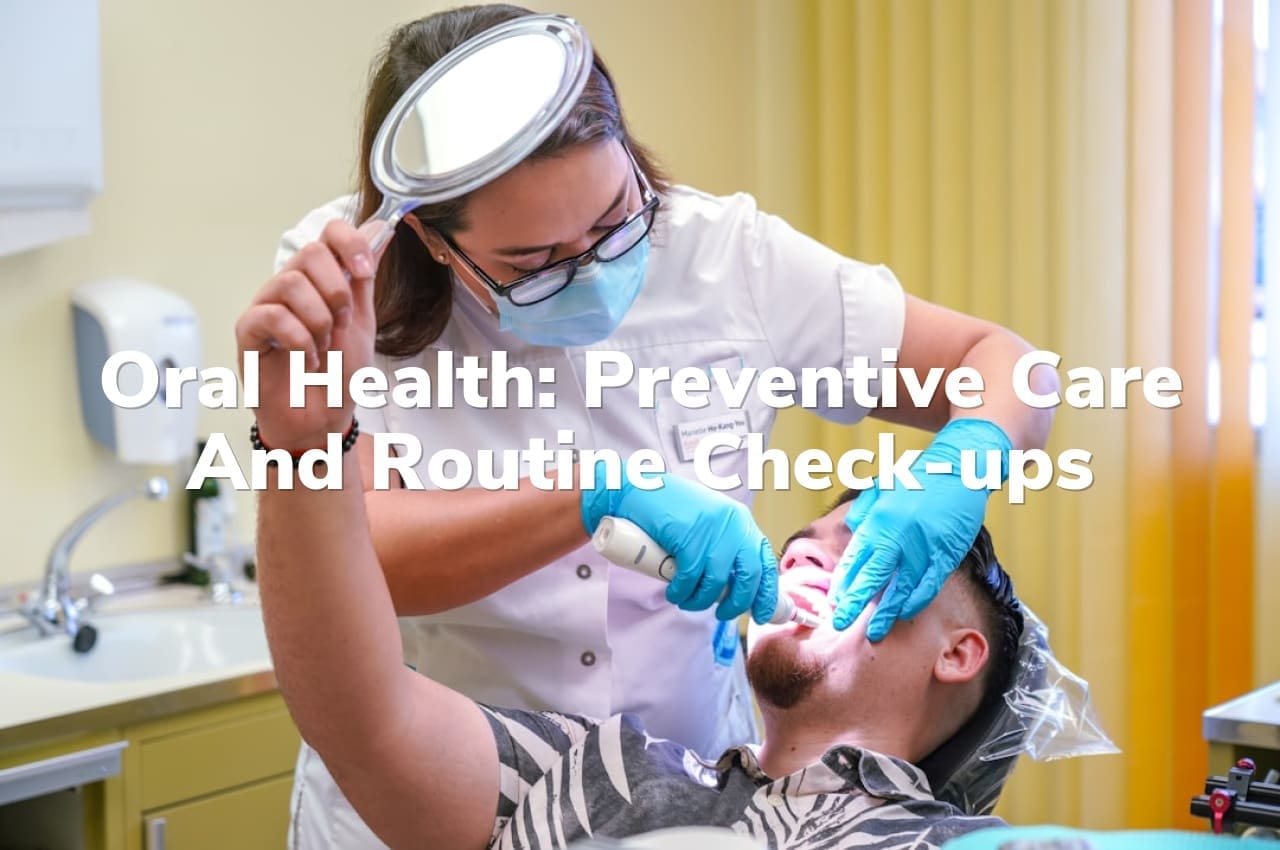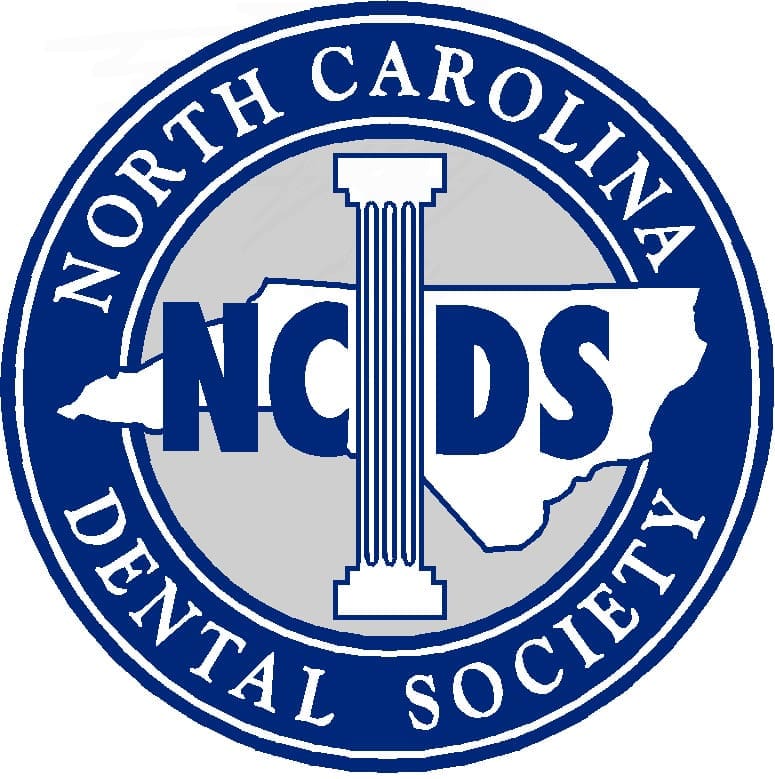Are you aware of how vital oral health, preventive care, and routine check-ups are to maintaining your overall well-being? Regular assessments by professionals can help monitor the state of your oral health and identify any potential issues early. This proactive approach is generally considered beneficial for long-term health outcomes.
Importance of Regular Dental Visits
Maintaining optimal oral health involves more than just brushing and flossing daily. Regular dental visits play a crucial role in preserving your overall dental hygiene and detecting any potential issues before they become serious problems. These routine check-ups allow professionals to perform thorough cleanings, examine your oral tissues, and monitor the condition of your teeth and gums. Such proactive care is essential in ensuring that your smile stays healthy and bright.
During these visits, dentists can also provide valuable insights into the current state of your oral health and observe any changes that may occur over time. For those interested in learning more about what these visits entail, you can explore Dental Procedures: Various treatment options for a brighter smile. This resource offers a comprehensive look at the different treatments available to maintain or improve dental health.
Common Oral Health Issues
Oral health is a crucial aspect of overall well-being, yet many people experience common dental problems at some point in their lives. Issues such as tooth decay, gum disease, and bad breath are prevalent among various age groups. These conditions can affect not only one’s physical health but also their confidence and quality of life. Regular check-ups are essential as they help identify these issues early on, potentially reducing the severity of their impact.
Another frequent concern is tooth discoloration, which can influence the aesthetics of one’s smile and subsequently their social interactions. While this is a common oral health issue, solutions are available that can address the appearance of one’s teeth without compromising their health. For those interested in exploring options for a brighter smile, visiting Affordable Teeth Whitening Jefferson Locations might be beneficial.
Role of Genetics in Oral Health
Oral health is influenced by a variety of factors, including genetics. While daily habits and environmental factors play a significant role, the genetic makeup of an individual can predispose them to certain conditions. Genetics can affect the strength of enamel, the layout of teeth, and even susceptibility to oral diseases. Understanding the role of genetics in oral health can help in recognizing why some people might be more prone to dental issues despite maintaining good oral hygiene.
Impact of Diet on Oral Health
The foods and beverages you consume daily can significantly influence your oral health. Certain diets, rich in sugars and acids, can affect the enamel of your teeth, potentially leading to issues such as cavities or tooth decay. Conversely, consuming a balanced diet with adequate hydration plays a crucial role in maintaining the integrity of your teeth and gums. Understanding the connection between your diet and oral health is essential. essential for maintaining a healthy mouth. For more detailed information on how your diet impacts oral health, consider consulting with professionals like Joel W. Yates Jr. D.D.S, your local Jefferson Dentist.
Understanding Dental Plaque and Tartar
Dental plaque and tartar are common issues that can impact oral health if not addressed. Plaque is a soft, sticky film that forms on the teeth, composed mainly of bacteria. If not removed regularly, plaque can harden and turn into tartar, a calcified deposit that attaches to the enamel of your teeth. Tartar is tougher to remove and can lead to various dental problems. Both conditions are linked to the overall health of your mouth and play a significant role in oral hygiene.
Benefits of Professional Teeth Cleaning
Professional teeth cleaning is a cornerstone of maintaining optimal oral health. Regular sessions with a dental hygienist help remove plaque and tartar that daily brushing and flossing might miss, significantly reducing the risk of cavities, gingivitis, and periodontal disease. These cleanings also polish your teeth, leaving them smoother and brighter. Importantly, routine professional cleanings provide an opportunity for dental professionals to detect early signs of problems that could impact your health if left unaddressed.
By prioritizing these appointments, you’re investing in preventive care that keeps your smile healthy and can even have implications for your overall health, including reducing the risk of heart disease and stroke linked to poor oral hygiene.
Early Signs of Gum Disease
Maintaining good oral health is crucial, and recognizing the early signs of gum disease can help prevent more severe issues. Common early indicators include red, swollen, or tender gums that may bleed during brushing or flossing. Bad breath that doesn’t go away and a receding gum line are also warning signs. If you notice any of these symptoms, it’s important to consult your dentist for a comprehensive evaluation. Early detection and treatment are key to preserving your health and preventing the progression of gum disease.
Connection Between Oral and Overall Health
Maintaining good oral health is crucial not only for your teeth and gums but also for your overall well-being. Studies have shown a significant link between oral health and general health, emphasizing that routine dental care can prevent complications such as heart disease, diabetes, and respiratory infections. Regular check-ups and preventive care are essential in detecting early signs of systemic issues, allowing for timely intervention. By prioritizing your dental care, you are taking a proactive step towards maintaining your overall health, underscoring the importance of not overlooking dental hygiene in your healthcare routine.
Age-Related Oral Health Concerns
As we age, maintaining oral health becomes increasingly crucial. Age-related concerns such as dry mouth, gum disease, tooth loss, and oral cancer are more prevalent among older adults. Regular dental check-ups are essential to detect these issues early and manage them effectively. Additionally, adopting a comprehensive oral hygiene routine can help mitigate the risk of developing age-specific dental problems. By focusing on preventive care, seniors can preserve their health and enhance their overall quality of life.
Conclusion
Maintaining your oral health is essential. For further inquiries, feel free to call us at 336-846-2323 or read our reviews on Google Maps.






